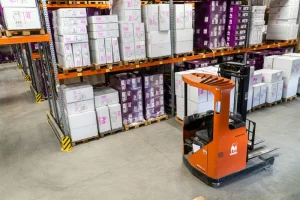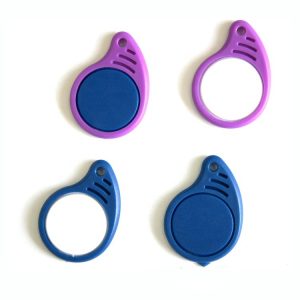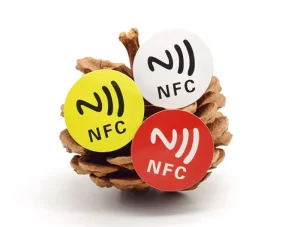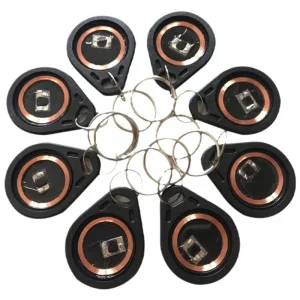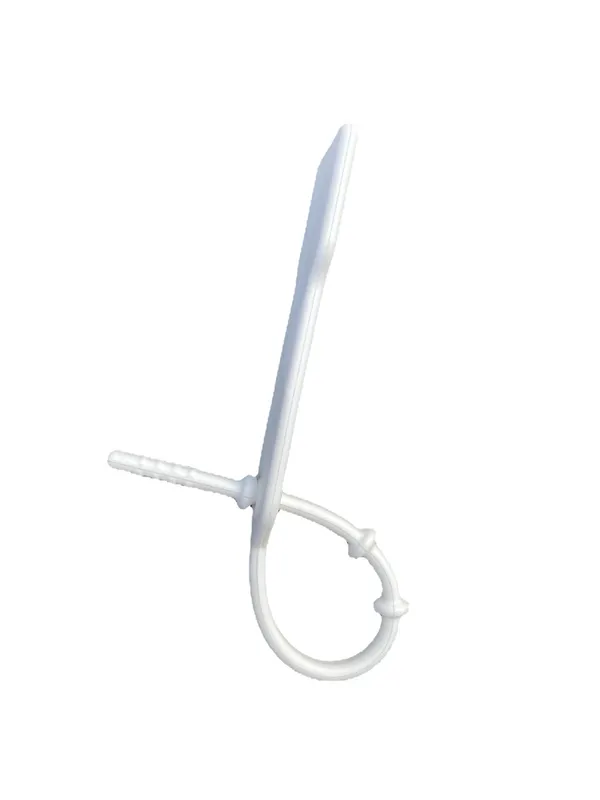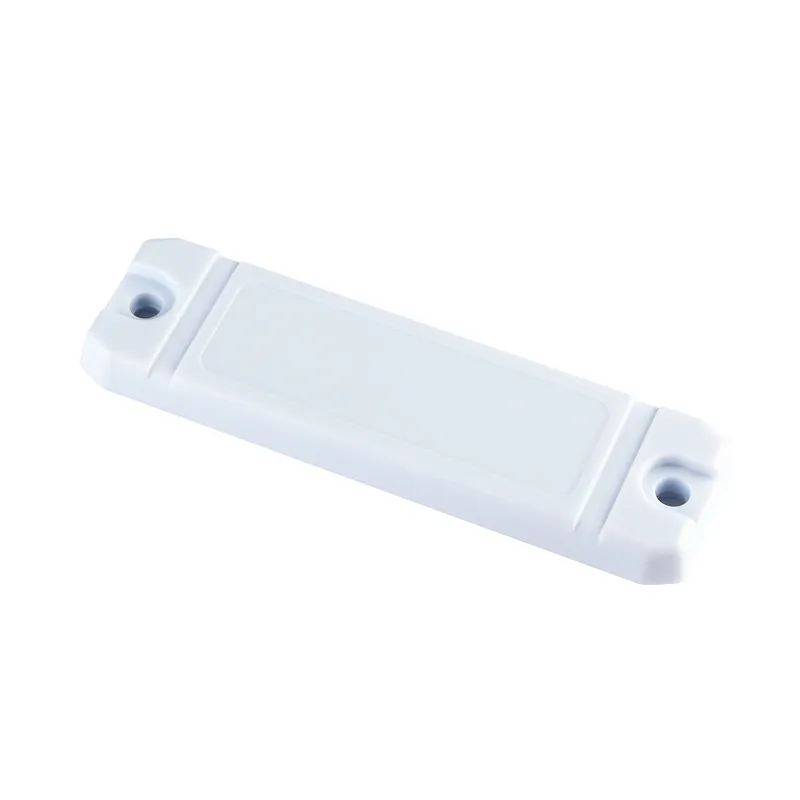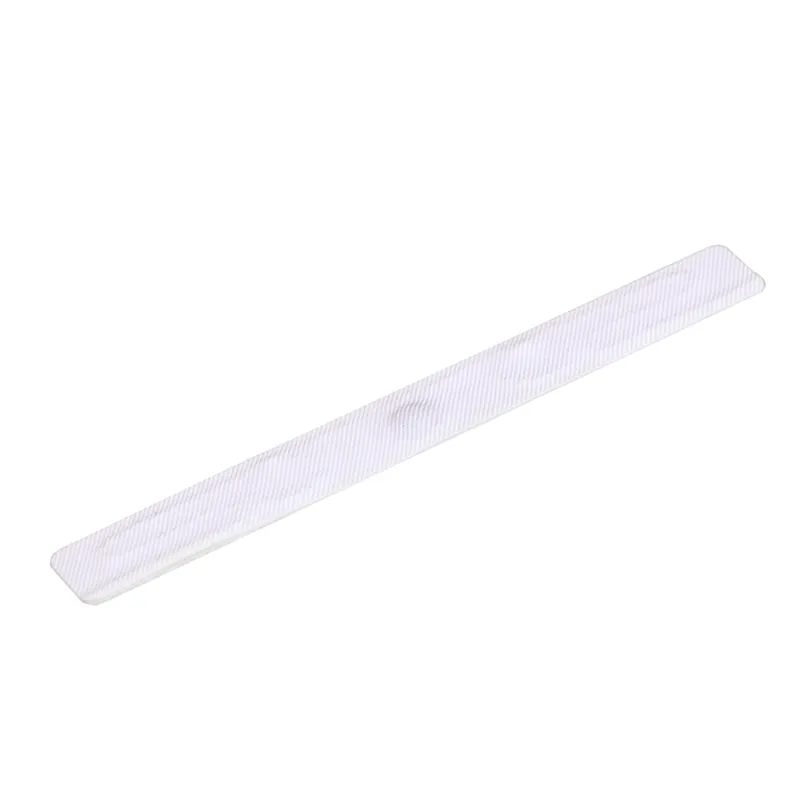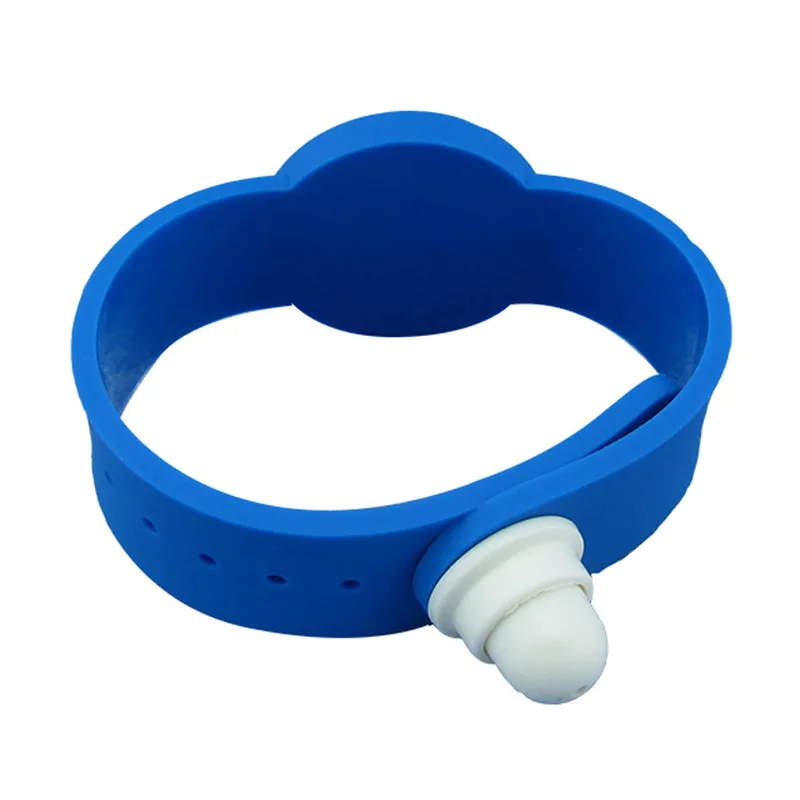Animal Chip Scanner
CATEGORIES
Featured products
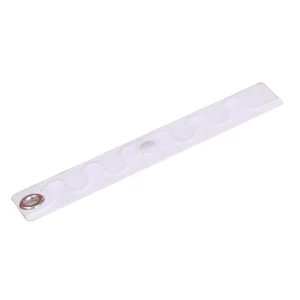
RFID Textile Laundry Tag
RFID textile laundry tag are used to monitor and identify…
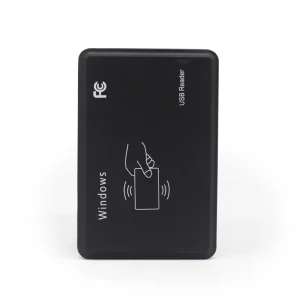
High Frequency RFID Reader
The RS20C is a 13.56Mhz RFID smart card reader with…

Mifare Classic 1k Key Fob
The Mifare Classic 1k Key Fob is a customizable contactless…
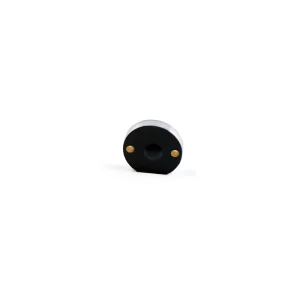
RFID Shipping Containers
Radiofrequency identification (RFID) technology is used in RFID container tags,…
Recent News
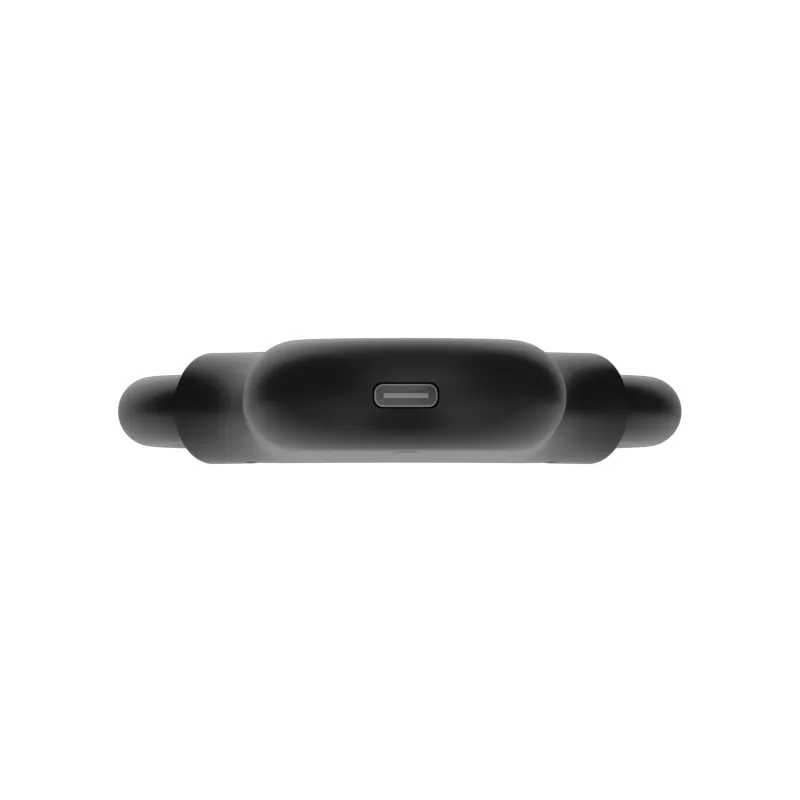
Short Description:
The Animal Chip Scanner is a compact and portable animal management tool with wide compatibility, clear display, powerful storage function and flexible upload methods. It supports a variety of animal chips, including EMID and FDX-B, with a reading time of less than 100ms. The reader has a 1.44-inch TFT LCD screen, a 3.7V lithium battery, and can operate in a wide range of temperatures. It has a built-in storage function that can store up to 500 tag details, which can be accessed via USB, wireless 2.4G or Bluetooth. The reader is stable and durable, and is manufactured with high-quality components and manufacturing technology. It is used for animal identification, management, wildlife protection, laboratory animal management, and automated animal husbandry.
Share us:
Product Detail
This Animal Chip Scanner has become a powerful assistant in the field of animal management with its compact and portable design, wide compatibility, clear display, powerful storage function, flexible upload method, and stable performance.

Parameter
| Projects | parameter |
| Model | AR001 W90A |
| Operating frequency | 134.2 Khaza/125 Khaza |
| Label format | EMID、FDX-B(ISO11784/85) |
| Read and write distance | 2~12mm glass tube label>8cm
30mm animal ear tag> 20cm (related to label performance) |
| Standards | ISO11784/85 |
| Read time | <100ms |
| Wireless distance | 0-80m(Accessibility) |
| Bluetooth distance | 0-20m(Accessibility) |
| Signal indication | 1.44 inch TFT LCD screen, buzzer |
| Electricity | 3.7V (800mAh lithium battery) |
| Storage capacity | 500 messages |
| Communication interfaces | USB2.0, Wireless 2.4G, Bluetooth (optional) |
| Language | English (can be customized according to customer requirements) |
| Operating temperature | -10℃~50℃ |
| Storage temperature | -30℃~70℃ |
Features
- Design and portability: The tiny, rounded form is not only comfortable to grasp, but it can be used in a variety of settings, including the wild, animal clinics, and labs.
Even after a lengthy procedure, you won’t feel fatigued since it is comfy. - Broad compatibility: Ensures compatibility with the majority of animal chips available on the market by supporting electronic tags in numerous forms, such as EMID and FDX-B (ISO11784/85). The card reader’s broad interoperability enables it to function well in a range of application settings.
- clear presentation: It has a 1.44″ TFT display that makes it easy to see the device status and tag number. It is quick and easy to examine the reading results directly without having to connect to a computer or mobile device.
- Strong storage feature: built-in storage feature that can hold up to 500 tag details.
If there are no urgent upload requirements, the read data may be initially saved in the card reader and then universally transferred at a later time. - Flexible upload method: The saved data may be transferred to the computer for further processing or backup by using a USB connection to connect the card reader to the computer.
- Allows for wireless 2.4G or Bluetooth real-time uploading; no cable is needed; read data may be transferred straight to the cloud or a mobile device.
Various upload methods are versatile and convenient, catering to the demands of different users. - Stability and durability: The card reader may function steadily in a variety of settings after stringent quality control and testing.
The card reader is built using premium components and manufacturing techniques, giving it a long lifespan. - Easy to use: Without specialized training, users may rapidly get up to speed with its straightforward and intuitive operation.
Users may easily verify at any point when using it since it comes with comprehensive instructions and frequently asked questions.


Application of Animal Chip Readers
- Animal Identification and Management: In animal husbandry and pet management, in particular, animal chip readers are extensively used for animal identification and management. For instance, readers on ranches may swiftly and precisely scan the data from livestock’s RFID chips, assisting farmers and veterinarians in managing and monitoring animals by obtaining animal information. It is possible to validate the identification, contact information, and pet owner for animals like dogs and cats by reading the information included in the chip. This is especially helpful in cases when the pet goes missing.
- Records and Administration of Animal Vaccinations: A crucial foundation for animal health is provided by certain cutting-edge chips, such as Bio-Implant chips, which may be used for identification as well as storing information on medications, vaccination histories, and other medical conditions.
- Wildlife Protection: Animal chip readers are used to capture information on animal migration, reproduction, and other aspects of wildlife protection and study. Researchers may get a greater understanding of the behaviors and behavior of wild animals by the implantation of Bio-Implant chips and the reading of their data, which will aid in the protection and study of these species.
- Laboratory Animal Management: Implanted chips may be used to capture data, including vital signs, and to monitor an animal’s condition in real-time. Ensuring the accuracy of experimental data and the well-being of experimental animals is crucial.
- Automated animal husbandry management: RFID radio frequency readers for animal breeding can swiftly read data from RFID ear tags without coming into contact with the animals, comprehend the health and nutrition status of the animals, and as a result, enable quick identification and tracking management of the animal’s identity. Breeding staff operates much more efficiently as a result, and accurate and timely data support is provided.
![Rfid Tag manufacturer [Wholesale | OEM | ODM]](https://www.fjrfidfactory.com/wp-content/uploads/2024/04/logo.webp)
